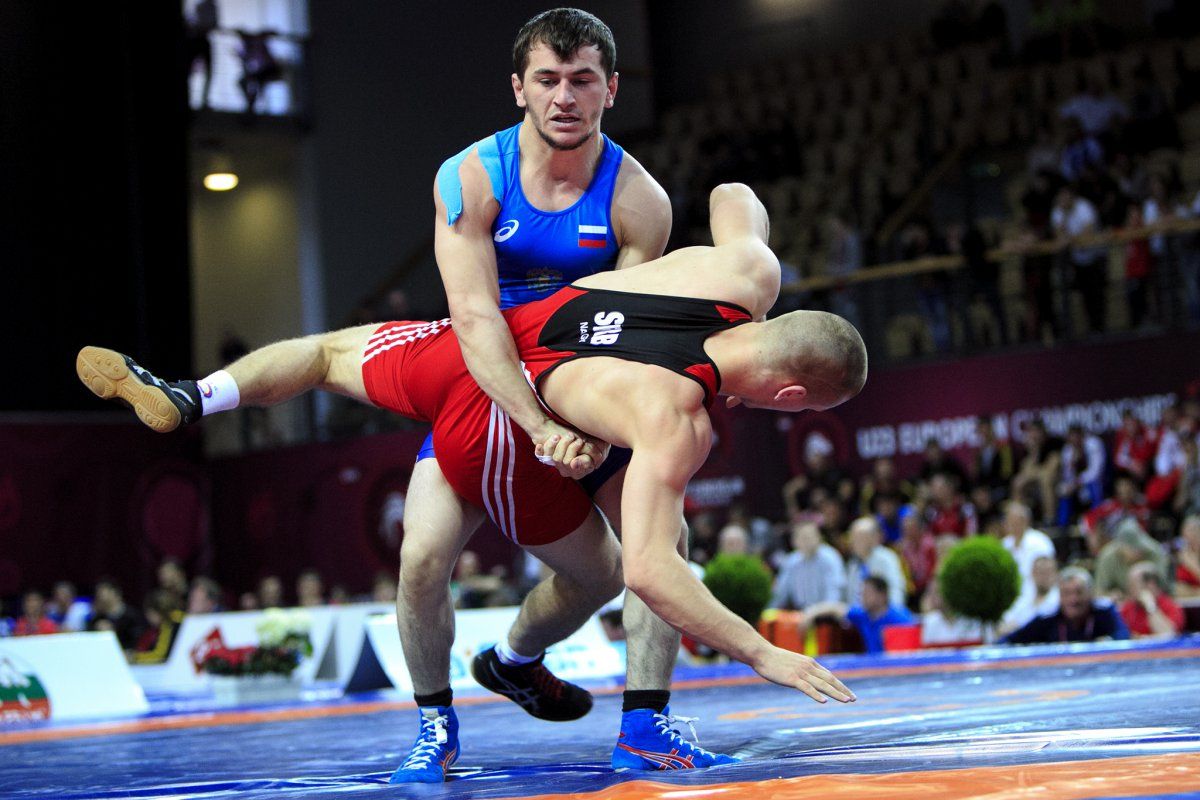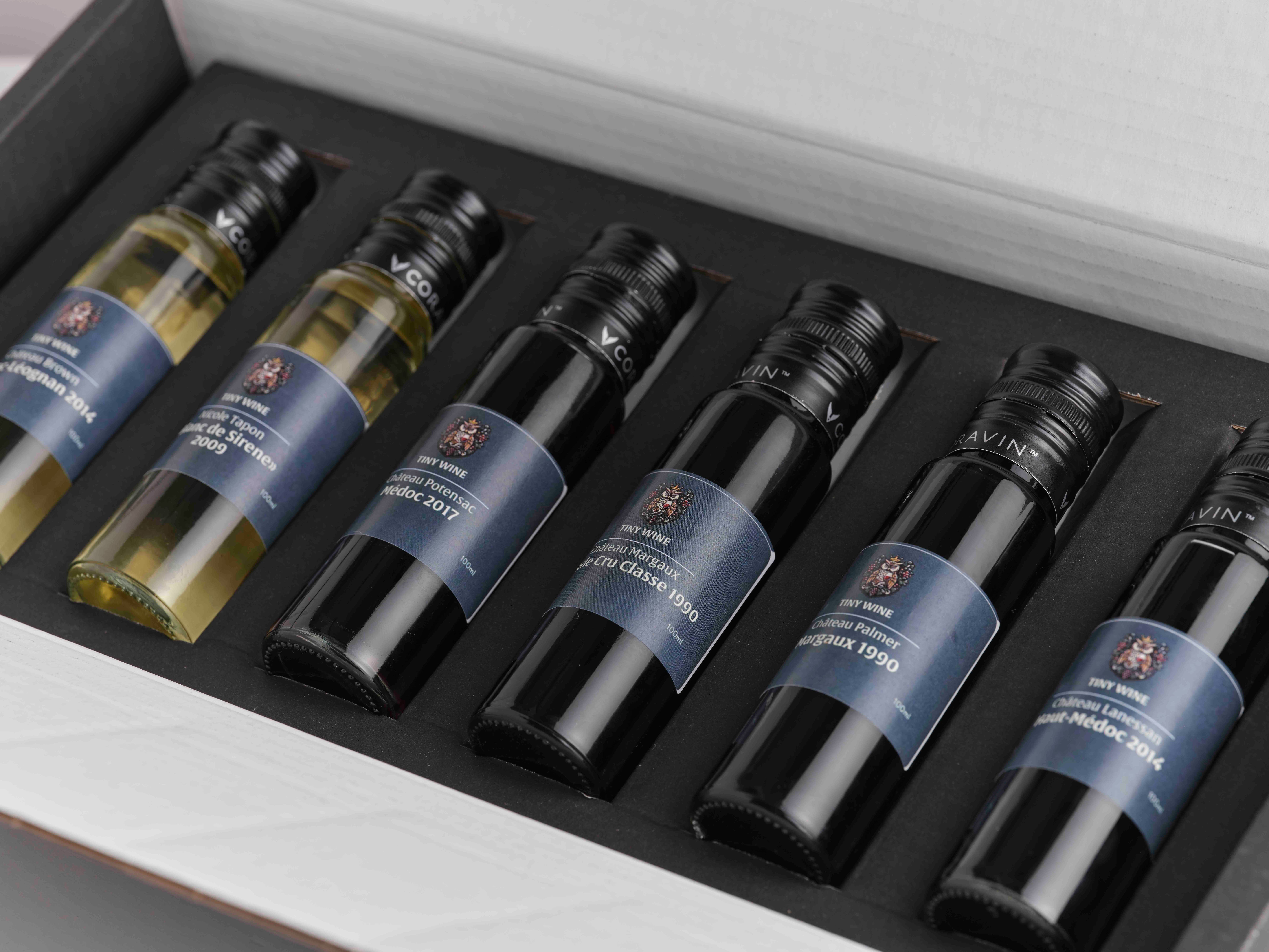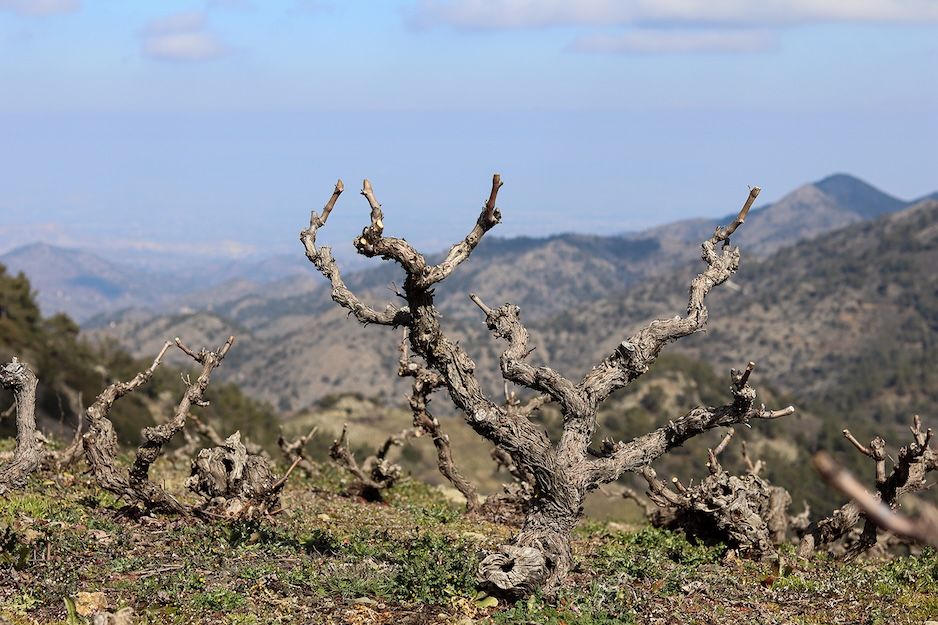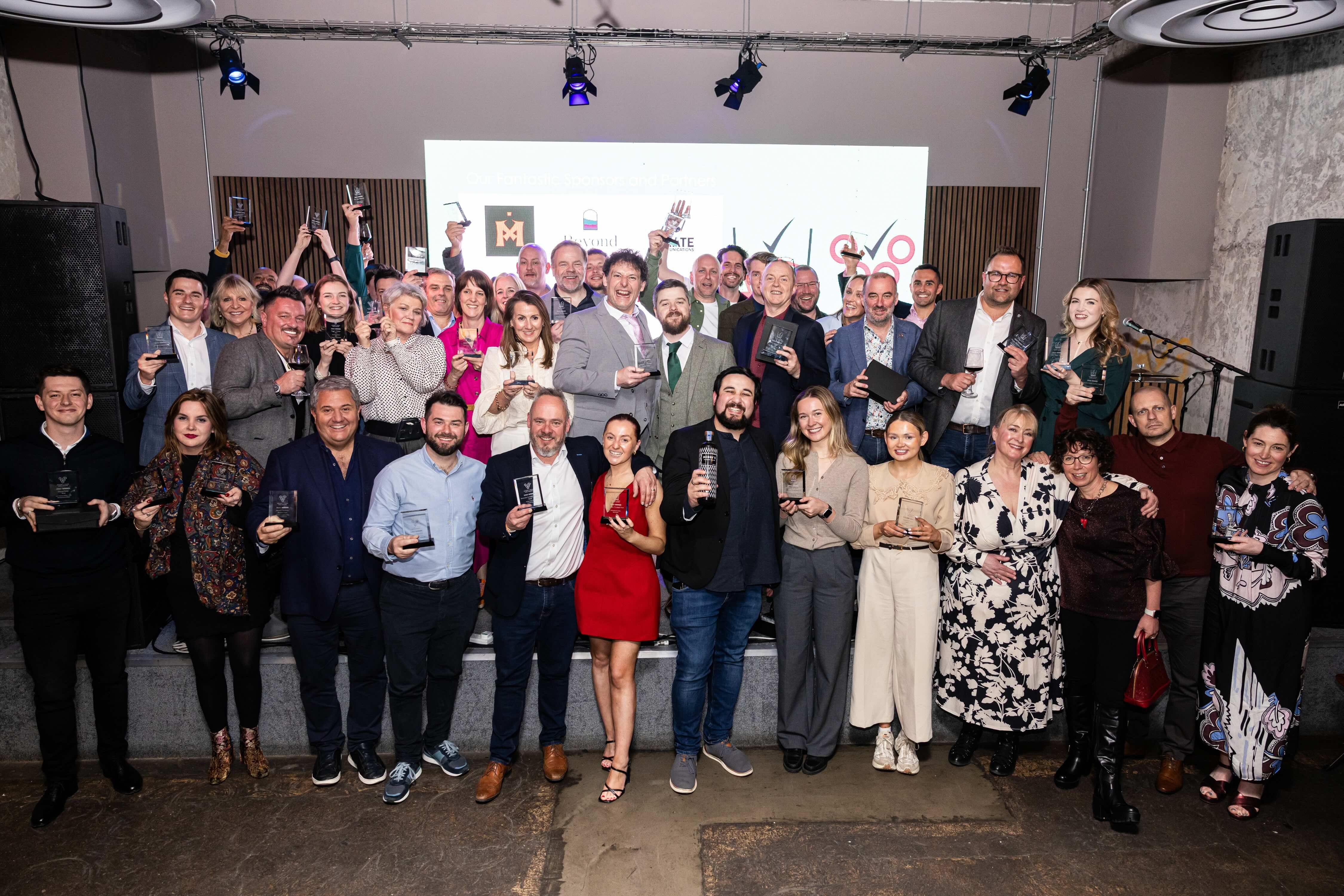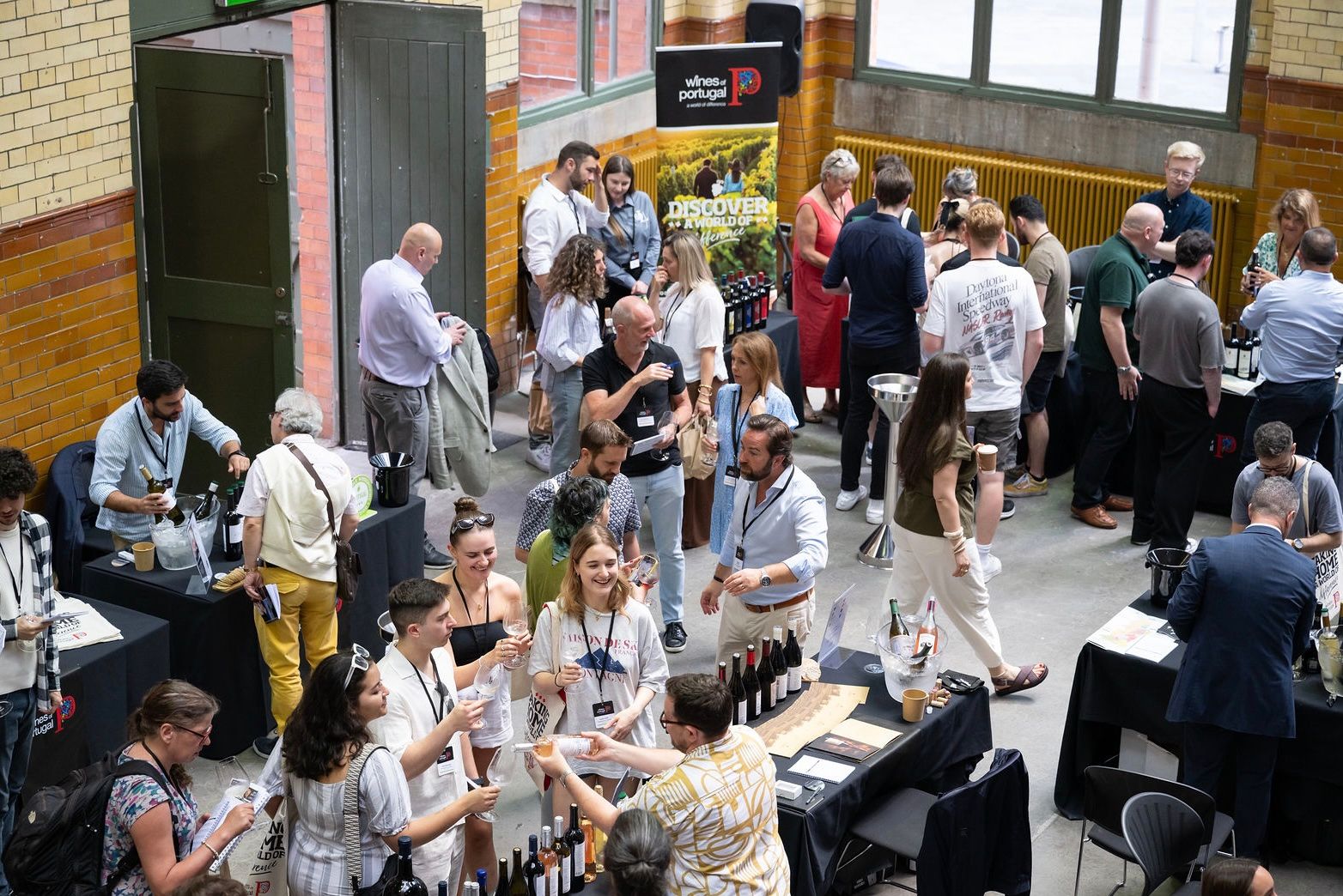The engravers who put together the trophies and certificates for the major international wine competitions are going to have to invest in a whole new set of accents and circumflexes if they are to keep up with the ever more exotic and unusual grape varieties that are now picking up major awards.
If you were standing up in front of a wine education class and highlighting the countries famous for their wine production on a globe 10, 15 or 20 years ago then it would be a pretty quick exercise blocking out most of western Europe, North America, parts of South America, South Africa, Australia and New Zealand.
Do the same exercise today and you would need to invest in a full set of felt tip pens in order to cover all the countries, particularly from across Eastern Europe and the Balkan states, that are now making serious, commercially-driven wines worthy of their place on a world map of wine.
But it’s one thing making wine, it’s another having a reputation for doing so. Chances are if you are a regular visitor to ProWein then you will probably have spent very little, if any time in Hall 15. The hall where traditionally most of the East European countries are located. We all know there are great wines to be tasted and sourced from there, but how serious are we about really checking them out?
Things, however, are starting to change. For two key reasons. First the quality of wine from the likes of Hungary, Romania, Bulgaria, Macedonia, Moldova and Georgia and others have all improved enormously over the last five years. Thanks, in part, to the huge investments that have been made by both local and international wine businesses that have identified the untapped potential there is there.
Secondly, and probably more importantly, there is now a real need for all wine buyers to spread their net. To look for new, different, but commercially competitive regions and countries to source wine from. The smaller global harvests that have affected virtually every major traditional wine producing country over the last three to five years have sent shockwaves around the buying community. That coupled with huge swings in currency thanks to turbulent world trading and economic conditions has meant it is far harder for retailers, operators and buyers to plan ahead with any real conviction.
New routes to market
Instead they are have been quietly working on opening up new routes to market, that they can go to and rely on when traditional routes get tough. Particularly as so much wine buying is now done by variety, and in bulk, regardless of where it comes from.
In fact if you listed all the major wine buying markets there are now around the world it would read more like the scoreboard in EuroVision.
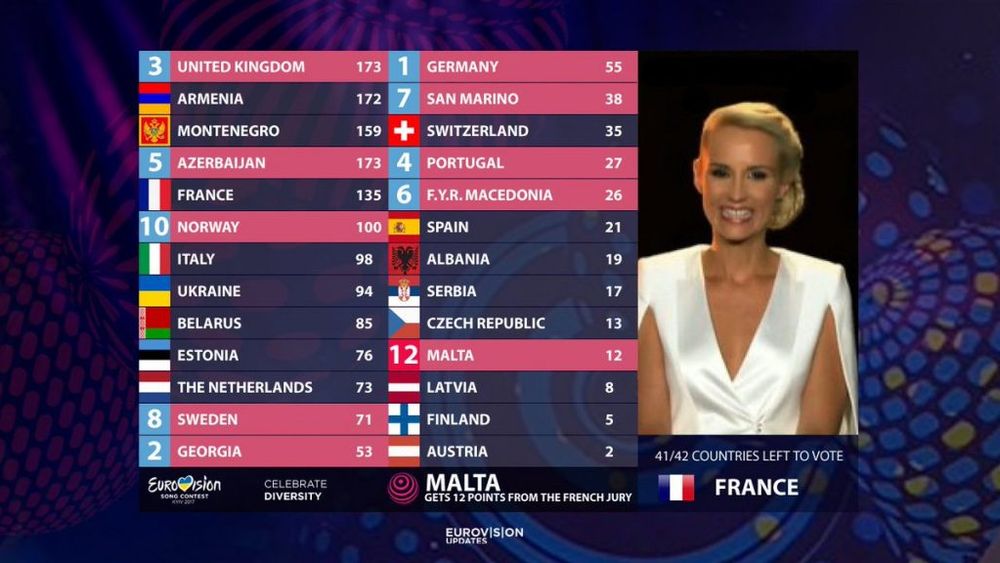
The world of wine is now so far more wide and varied than it has ever been
Whilst the bulk of wine, excuse the pun, still comes from the main, traditional Old and New World wine powerhouses, that are now an increasing number of emerging countries that are becoming serious, reliable alternatives worthy of giving their bigger counterparts an itchy if not full on bloody nose.
The changing world of wine was there to see at last November’s World Bulk Wine Exhibition in Amsterdam when there were more buyers congregating around the stands of producers from the likes of Moldova, Georgia and Romania as they were the ones with supplies of wine to sell, compared to the sparsely populated Italian, Spanish, Chilean and South African stands.
It’s not as if these countries have suddenly discovered how to make wine. Most have been producing wine far longer than most New World wine producing nations and have traditions of winemaking going back centuries. Traditions that the marketing and promotions department of major retailers are now also seeing the value in tapping into now that consumers are so much more interested in buying into authentic products.
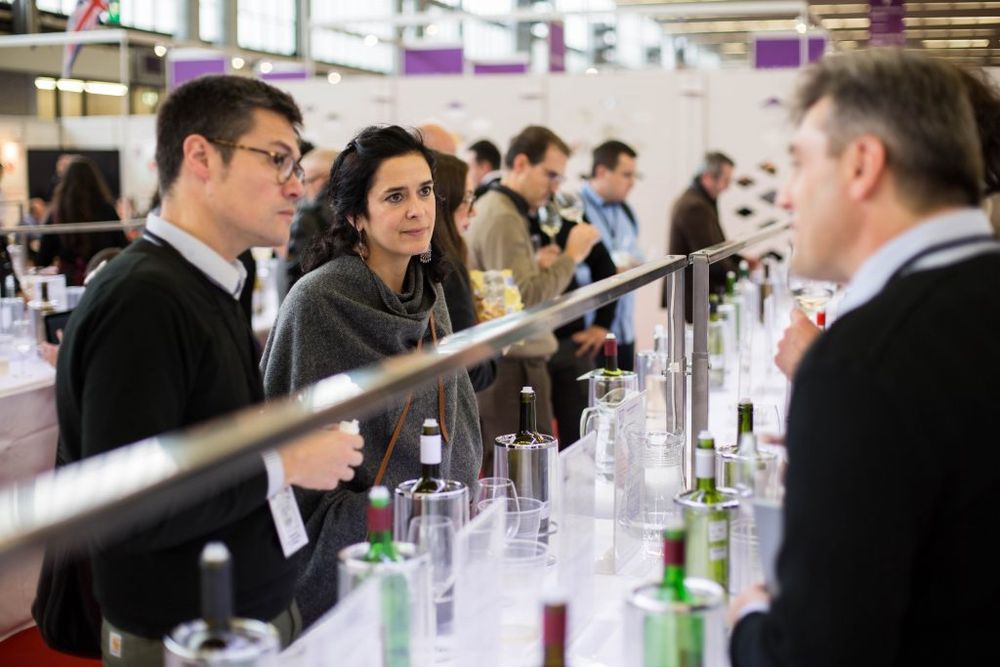
Buyers at the World Bulk Wine Exhibition were actively seeking out new suppliers from different emerging wine countries
Going for gold
Which is why the focus for these traditional, but still emerging, wine countries has been on building their profiles and reputations through the major international wine competitions. After all it’s not just about having thousands of litres of the right grape variety available to buy at an attractive price. But being able to show your country has wines with award winning medals from the world’s most prestigious and respected wine competitions is also becoming just as important.
What’s noticeable is how well these emerging countries are now doing across all wine competitions. They are regular trophy and gold medal winners at the annual International Bulk Wine Competition, the Czech Republic and Georgia were two of the best performing countries in the 2017 awards, but they are also picking up more medals across the likes of the International Wine Challenge, the International Wine & Spirits Competition and Decanter World Wine Awards.
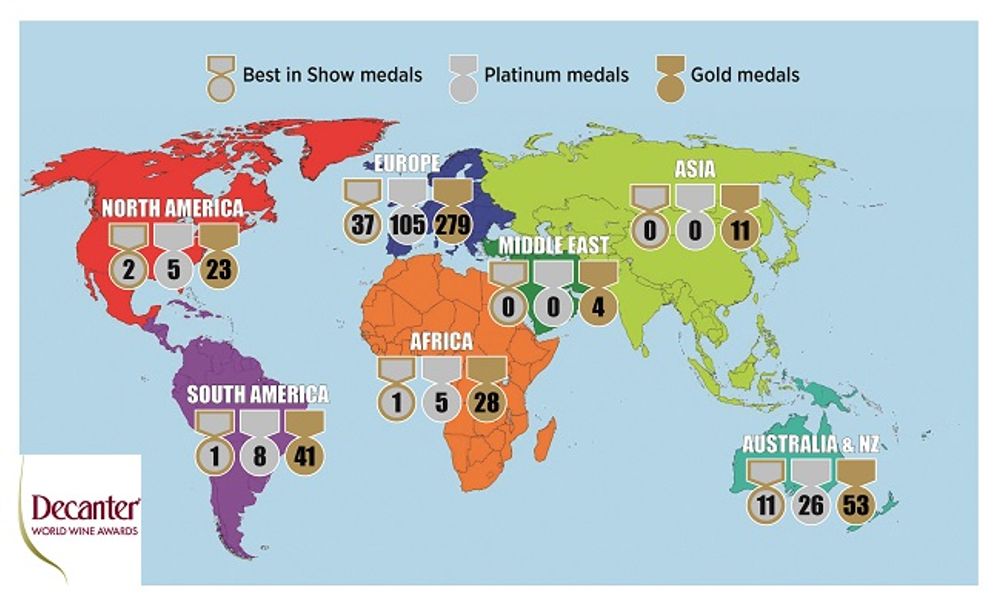
Here’s how the medals were handed out in this year’s Decanter awards
Decanter even produced this handy world map to show how wide and varied its awards now are. It awarded eight medals for wines from North and Eastern Europe, including one gold, one silver and six bronzes. A further 22 medals went to wines from the Balkans, including 18 bronzes and four silvers. Greece, Malta and Cyprus picked up 13 medals between them with a gold, two silvers and 10 bronzes. There were four bronzes from the Middle East and nine, including one silver, from the Caususas and Euro Asia Region. There were also Platinum awards, the highest accolade, handed out to wines from the Czech Republic, Macedonia and Georgia.
International recognition
It was a similar story over at the International Wine Challenge, which also celebrated the quality winemaking taking place across emerging countries. Georgia picked up five Gold, Croatia was not too far behind with two, Greece one, and in its first year entering Azerbaijan won a silver with a still white, the Aspi Aqro Savalan Elisa Winemaker Reserve 2016. Armenia’s Armenia Wine Company also picked up a Silver medal for its Armenia Red Dry 2017, whilst Kazakhstan won two Silvers. China, which despite its size still classifies as an emerging country, picked up 12 Silver medals.

The great and the good from the world of wine at the IWSC dinner
The International Wine & Spirits Competition also broke new ground in 2017 awarding medals to Azerbaijan and Egypt for the first time, as well as increasing the number of awards to a host of emerging regions and countries. Award winning wines from both Moldova and Georgia were up 47% respectively, whilst Russia performed even better with 150% increase, albeit from a small base. Eight Georgian producers were successful at the IWSC 2017 event, picking up 41 awards between them, including 11 silvers and 30 bronze medals.
Overall entries were up in both competitions from across all emerging regions as wineries look to explore wider exports and put their wines up for international analysis.
Good starting point
Lilla O’Connor, who heads up Wines of Hungary UK, explains why it’s important for producers from emerging countries to enter competitions like the IWC: “The IWC provides a good tool for selling your wine, once you have a good agent who puts in the effort to sell your wine in the UK. For that to work then not only does the wine and the price have to be good, but you need to put in the effort to ensure your wines are being tasted by as many people as possible. You are, after all, building your brand in this market from scratch. Your work will also help create larger demand for the wider brand – Hungarian wine.”
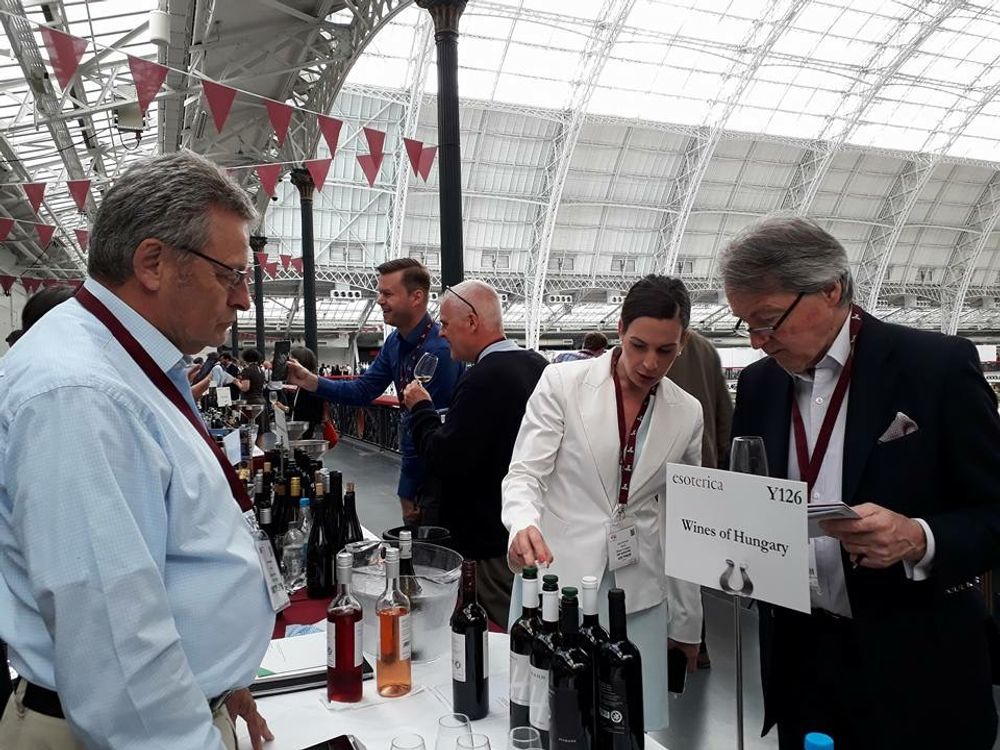
Lilla O’Connor takes Decanter judge and wine writer Steven Spurrier through the Hungarian range at the London Wine Fair.
Hungary enjoyed unprecedented success at the 2018 IWC awards. In total it received two golds, 16 silvers, 14 bronzes, 17 commended medals out of the 60 Hungarian wines entered. Which when taken against all the wines entered breaks down as around 3% of Hungarian wines entered receiving a Gold medal, which is close to par, (3.5% overall), 27% of its wine got a Silvers (vs 17.8% on average per country) and 23% got a Bronze (22.5%). So more than punching about its weight, with some 81% of its wines picking up some sort of recognition.
But O’Connor says it is also important producers don’t just see winning an award as the culmination of their work. “An IWC medal won’t work wonders for you. You can’t expect to just sit back and wait for people to get in touch with you. But it is great to be able to say that your wines have been tasted by many prestigious palates and they liked it.”
Particularly for a country still looking to convince buyers that it can deliver reliable fruit on a consistent basis. Which is why having your wines independently tested, blind, against wines from all over the world can put them onto a completely different level.
As O’Connor says: “In my view, to receive so many silvers is a good sound results for Hungary. We are not outstanding yet, but why should we be? Why expect ourselves to achieve excellence in just 30 years? We are competing against nations that already have many famous wines with vintages going back 100 plus years, so it will take a little longer than the past 30 years to make a difference.”
But as we can see Hungarian wines are not alone in making a difference. Across Eastern Europe and the Balkans, in particular, the world’s major wine buyers have so many more sources to go to and much more of an excuse to head to Hall 15 at next year’s ProWein.
